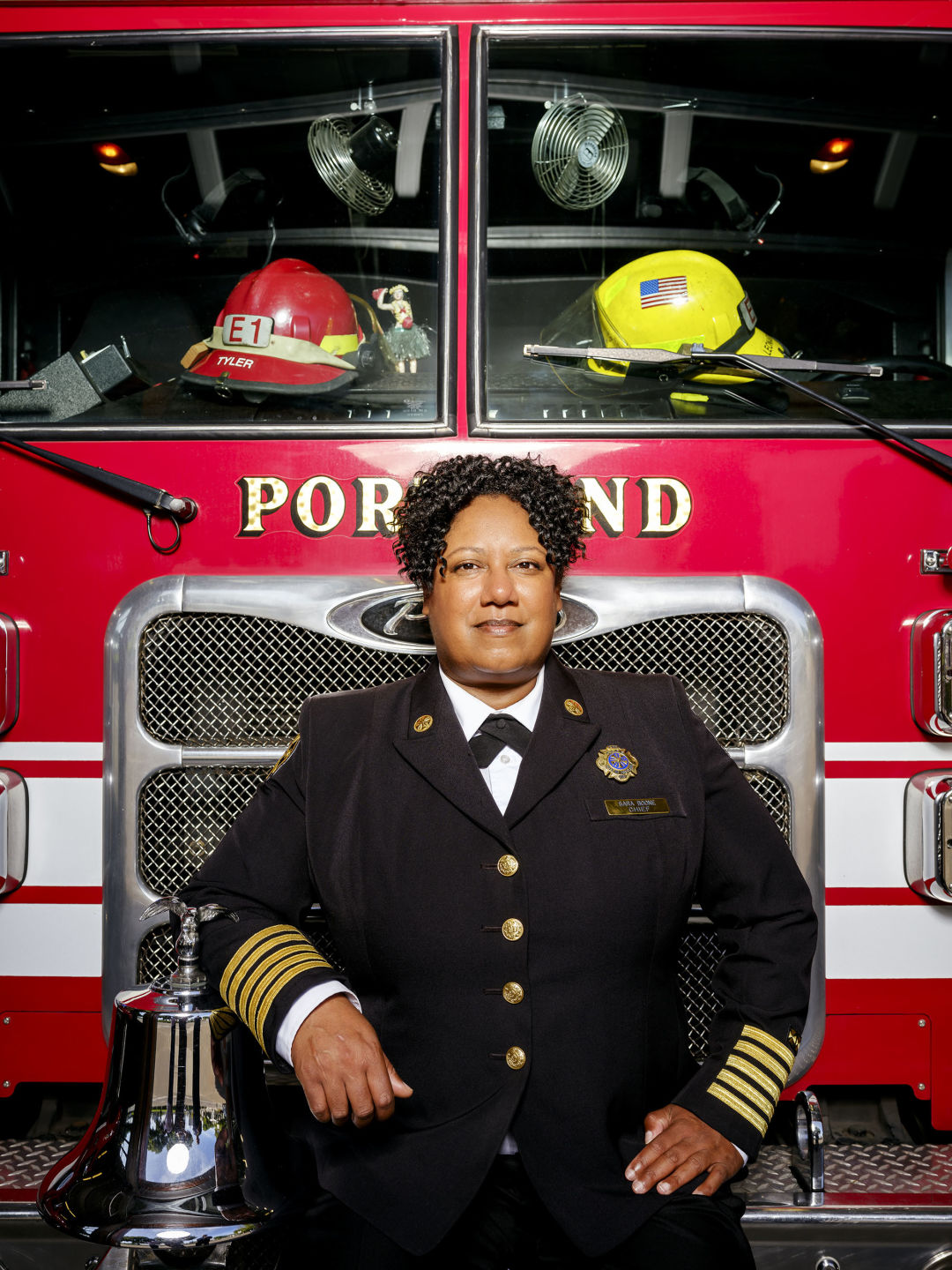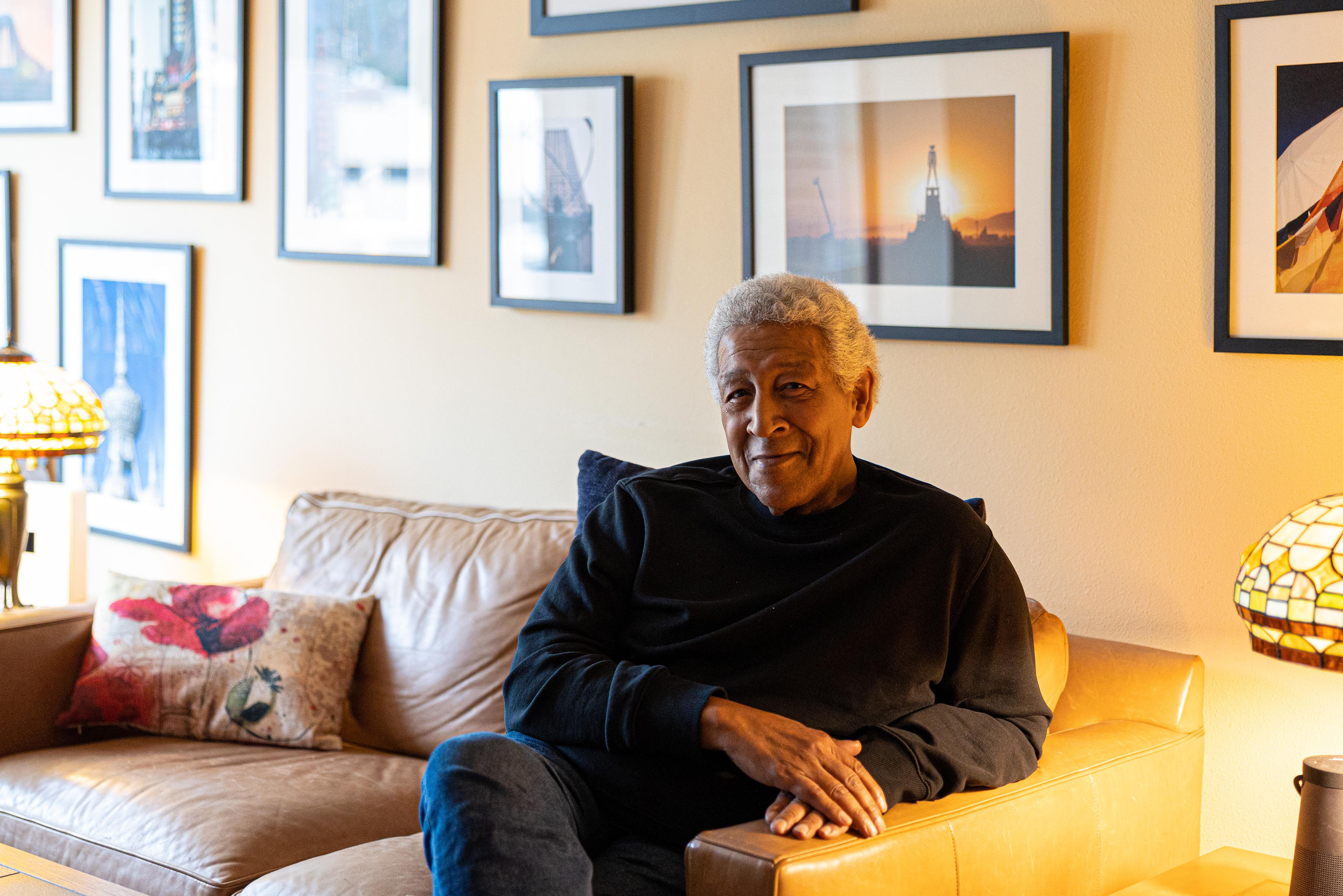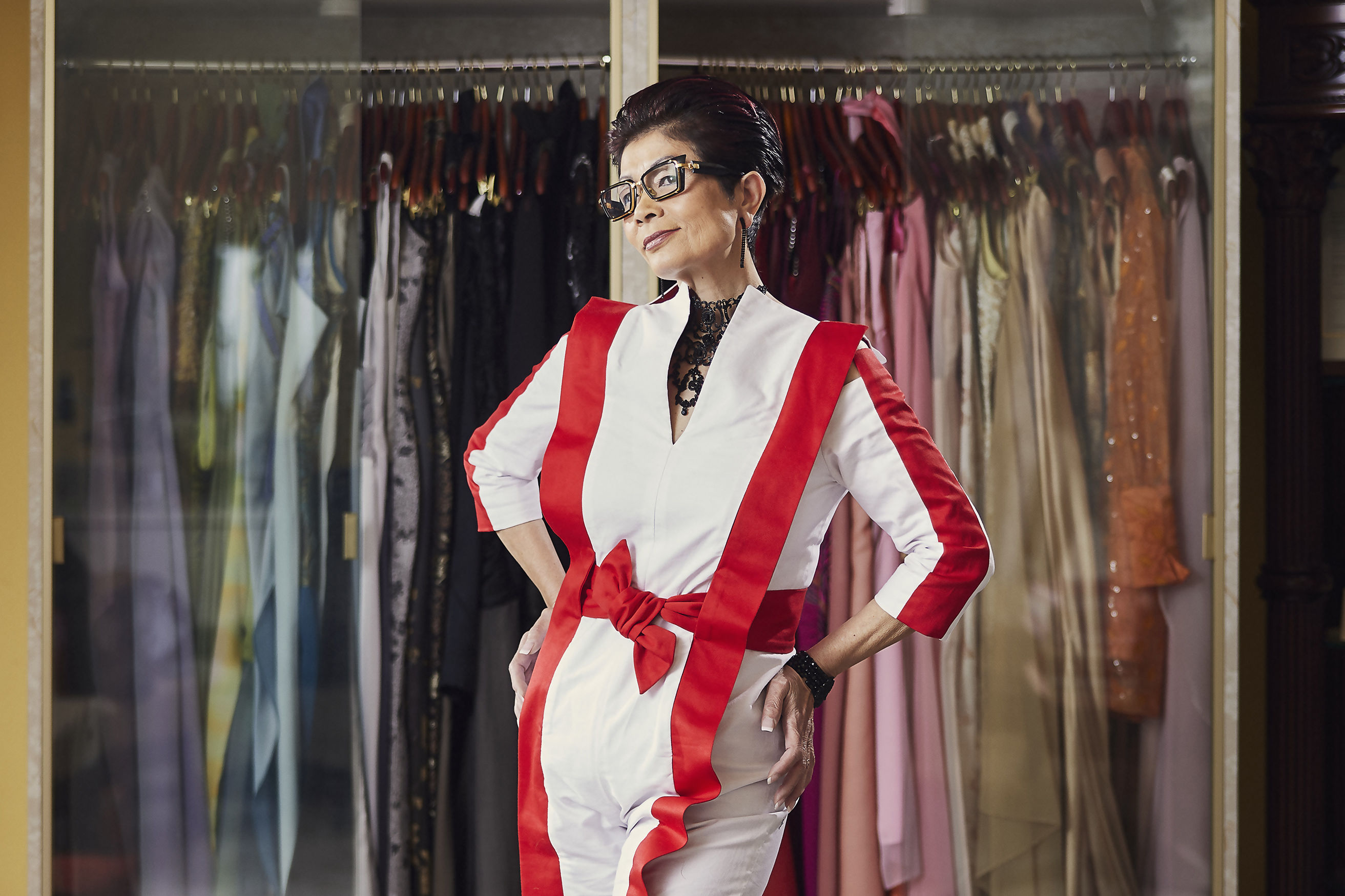Meet Sara Boone, Portland’s New Fire Chief

Image: NASHCO PHOTO
Portland’s new fire chief was sworn in this summer, 24 years after she joined the bureau. Born in California, Sara Boone was adopted by a couple from Portland, and graduated from Lincoln High with a plan to pursue a career in athletics. Instead, she became Portland’s first black female firefighter. She went on to work in many roles over her two-plus decades in the department, climbing the ranks to battalion chief in 2014. The first African American and second woman to serve as Portland Fire & Rescue’s chief, she’s been lauded as an advocate for colleagues, a cool head in times of stress, and a leader with a tireless commitment to service. Said City Commissioner Jo Ann Hardesty upon her appointment: “I am confident that she will make sure our city is safe and cared for under her watch.”
I WAS BORN IN 1969. Reading books and stories, there was no messaging that [becoming a firefighter] was even a possibility. You can ask how women get into a nontraditional occupation—it depends on who you are as a person and what speaks to you. That’s how you get to redefine what it is to be female. As a young child growing up, all you hear are negative connotations associated either with race or with gender. In my younger years I was really striving to find who I was as a person, because what I was hearing and the voices in my head did not match what I believed in my heart.
My dream was to go to the Olympics one day in track and field. But then I got into college and realized, “Oh, I’m not that great.” I settled on education, on becoming a high school PE teacher and coach. The fire service wasn’t even on my radar. One day I had a chance encounter [with a Fire & Rescue service worker doing a building inspection] at Marshall High School, when I was doing my student-teaching, and struck up a conversation. He said the fire service was recruiting women and underrepresented groups. He planted the seed: I thought, this fits who I am. Not only could I be a role model, but [I’d] like the physical challenge of the job. All I knew was that it spoke to my heart. So I tested and went through the first apprenticeship program and was like, “Yeah, this is it.”
At the time there were very few women, because you really do have to have upper-body strength and aerobic strength. The training was something I had never experienced before. It’s not like going to the gym, or doing stairs at Mount Tabor. It tests you at the core on whether you have the strength and courage to do the job and then it pushes you further, to see if you’re willing to give up your own life in order to help somebody else.
Stepping into the fire service, even though there were only four women at the time, I thought, “Perfect, let’s raise my game.” As far as being black, you have to be comfortable in your skin no matter what environment you step into. If you go into this occupation thinking, “I’m going to be treated differently,” then you’re setting yourself up for failure because then you’re relating to others based on fear. That’s not how I was raised. So coming into a majority white culture, predominantly male, that was not anything I felt threatened by because I learned how to connect on an individual level.
[Was my life ever on the line?] All the time. It scared the shit out of me. But I always knew there was a bigger purpose. It’s knowing that somebody is inside the structure, and their only hope of getting out is based on our actions.
I never thought [“I’m going to be fire chief someday”]. When I came in, women hadn’t even made it to 25 years [a full career in Portland Fire & Rescue]. So we didn’t even know if it was possible. I guess if you don’t see, you can’t believe. I didn’t get to this position just because of technical experience and expertise. I got to this position because I care about others. I care about our personnel.
The goal will always be to reduce the risk from fires. But you can’t have a [fire service] that’s a response model only. We will be building out a community health preventative model, a proactive model. We’re going to start building for the future—working with other agencies, looking at innovation, partnerships—so we can start to envision a fire bureau that does so much more beyond fire.
As kids, you let joy lead where you want to go. And as adults, as we grow, institutions and society and structure tells you girls go here, boys go there. Here’s where your limits are. Then you start being categorized and typecast. [But] we’re not here to live down to people’s expectations. We’re here to live up to our fullest potential. So if people are shocked that an African American female can lead a fire service, then the question should be, what’s limiting your imagination?




